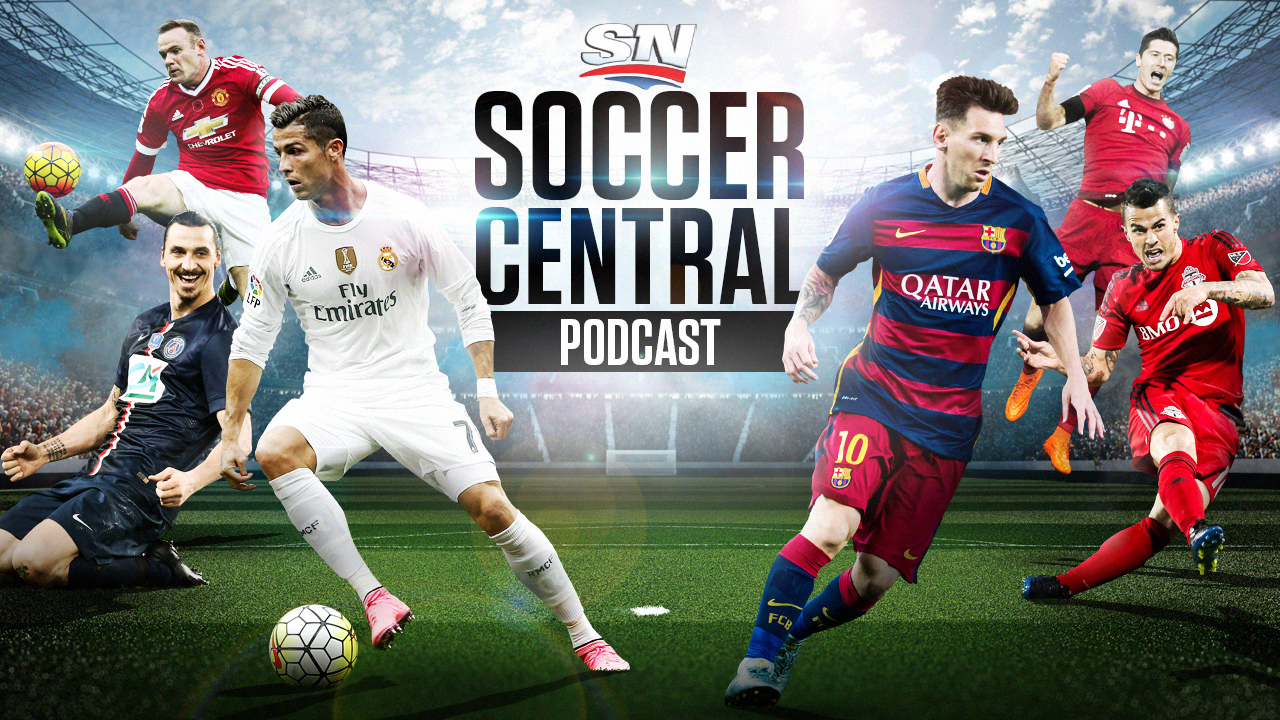Why such resistance to more understanding?
Attempting to find different ways to understand a subject matter is synonymous with curiosity. Actually discovering tangible ways to dissect said subject matter is progression. And, applying successfully tested and reinforced methods of dissection to the subject matter is evolution.
The resistance to soccer analytics is understandable, if the understanding is that it will replace rather than compliment. The thought that soccer analytics represent the philosophical and romantic apocalypse for soccer is indicative of paranoia from an industry brimming with ossified, comfortable teachers and practitioners.
The blame of tension between both parties isn’t solely on the receiving end of the industry, but also from the proponents of analytics, be it the practitioners or fans of, that shout downward from the academic high horse to the self-perceived lowland of common soccer professionals.
In most, current academic climates of higher education in the United States, career progression is heavily predicated on scoring systems, wherein the inputs are various but assign ‘impact factors’ across most of these variable inputs. These disciplines of academia usually have various branches, but can be simply broken down into modelers and experimentalists, or designers and practitioners, or mathematicians and field scientists, or whatever synonym you want to assign.
The issue with this model is that it encourages extreme polarization to drastically progress in your chosen, academic field with no consistent, equivalent benefit to collaboration. This instills fear in the participants by not wanting to collaborate with individuals who have chosen a different path within the same field.
Sound familiar? This doesn’t completely account for the lack of integration of analytics in soccer, or the inevitably slow integration of analytics in most every sport, but it certainly is a contributing factor. Soccer coaches are scared of statisticians due to their fear of potentially being replaced, their fervent belief that the sport cannot be completely quantified and their understanding and admiration of art and romance within the sport.
Statisticians are scared of soccer coaches because they’ve never played the sport or have been in the trenches of a high-level, competitive, athletic environment; they don’t understand the human nuances that cannot be quantified yet, and their inability to effectively translate their findings into the tangible, on field applications. These statements are sweeping, but gather most issues between both camps.
“You need to see a player and fall in love with a player … When you see a player, you’ll watch his warm-up, the way he speaks to the referee, the way he speaks to other team-mates after missing a chance, the way he celebrates a goal, the way his team-mates react when he scores. Data might help you narrow the margin of error, but the decision is still a feeling. It’s a gut instinct.” – Roberto Martinez, Everton manager
The concept of analytics is simple: “the systematic computation analysis of data or statistics.” But, the specific application of the concept is difficult especially when there doesn’t exist a bridge between the individuals performing such analysis and the individuals who create and structure the sport itself. It seems simple that the collection of more data, be it through human consumption or digital input, would be necessary to understand more about soccer.
The widespread collection of data within a sport can only serve positive and constructive purposes. The accurate analysis of the collected data, be it archival, understanding current states or predictive can be useful tools in complimenting the human intuition that already exists in the same sport.
There need not be fear. More knowledge, more understanding of both parties, more communication between these sides is the recipe for balanced and accelerated progress. The integration rather that encouraged polarization between traditional and progressive soccer camps is crucial for analytics to positively impact the sport.
The experienced, educated coach can identify successful patterns more easily and accurately than an under trained individual in the same field. The purpose of mathematical application and analytics in soccer, and sports in general, is to be able to identify more complex patterns, in larger quantities, faster, across a larger set of data. It would be impossible to believe that anyone in the industry would find this to be a disadvantage. Both parties have similar intentions, yet fear the intrusiveness of one another.
To completely trust the human would be regressive, but to completely trust the data would be shooting in the dark. The magic lies in between.

SPORTSNET.CA’s Soccer Central podcast, hosted by James Sharman, takes an in-depth look at the beautiful game and offers timely and thoughtful analysis on the sport’s biggest issues.
Listen here | iTunes | Subscribe to the podcast

